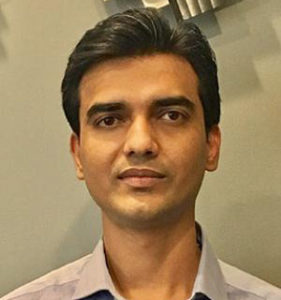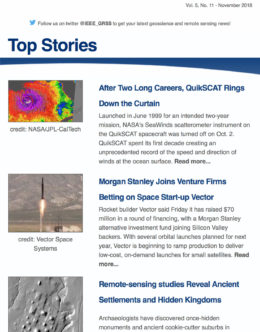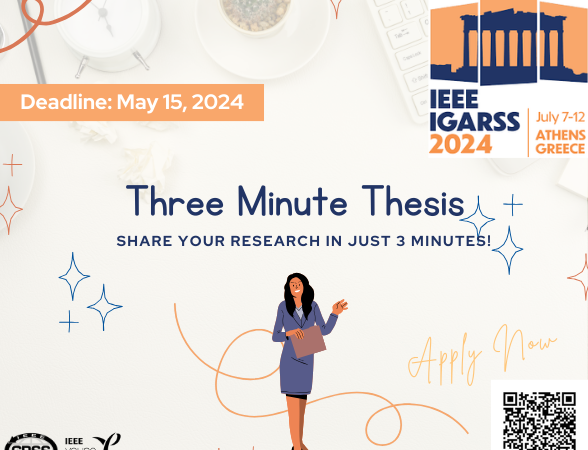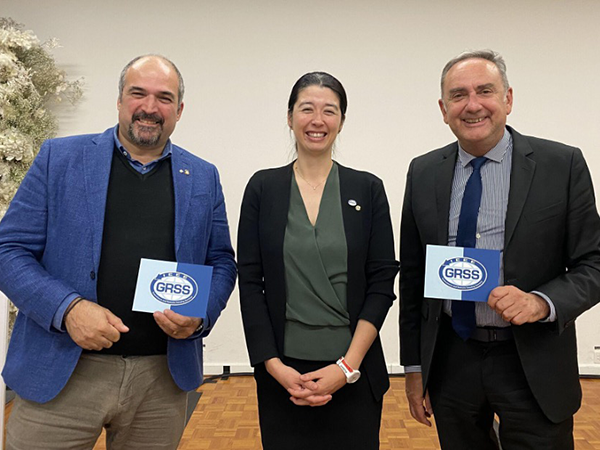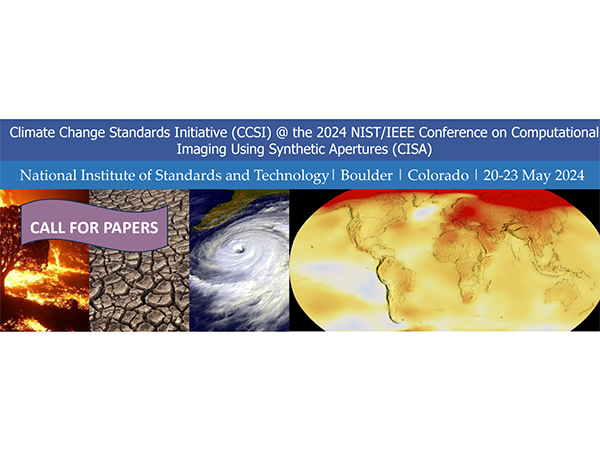Remote Sensing and Methane Emissions
Webinar Speakers:
Dan Cusworth, Carbon Mapper
Ritesh Gautam, Environmental Defense Fund
Evan Sherwin, Stanford University
- December 7, 2021
- 12:00 PM
- Environmental Web Series
About the Webinar
Hear from experts across academia and industry that are working to monitor and mitigate greenhouse gas emissions. We will discuss the unique domain of remote sensing of methane emissions, it’s challenges and limitations, and how we need to work together to push mitigation forward.
About the Speakers
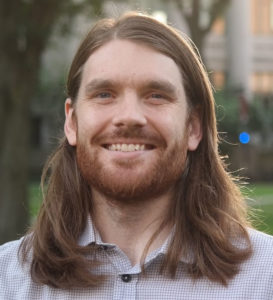

Dan Cusworth is lead author on a Environmental Science and Technology journal article that identified more than 1,000 high emission point sources of methane in the Permian Basin. The study sheds new light on the degree of intermittency in methane emissions from oil and gas production in the Permian, with at least half likely attributable to malfunctioning oil equipment. This line of research directly supports Carbon Mapper’s mission of providing actionable data to decision makers in the global effort to reduce greenhouse gas emissions.
Dan’s research focuses on methane and carbon dioxide emissions using satellite and airborne remote sensing data spanning regional to local facility scale, and designing multi-tiered observing and analysis frameworks. As Carbon Project Scientist, Dan will create and coordinate Carbon Mapper’s research program with a broad range of scientific partners while engaging with these entities and end users to improve Carbon Mapper data products. Dan will lead the overall methane and CO2 science enterprise for Carbon Mapper, working with team members to devise observing strategies and providing technical guidance for Carbon Mapper’s operational data platform.
